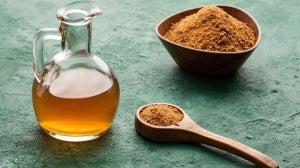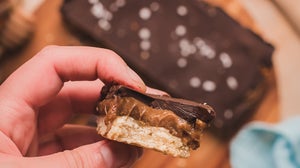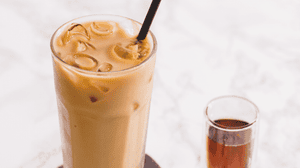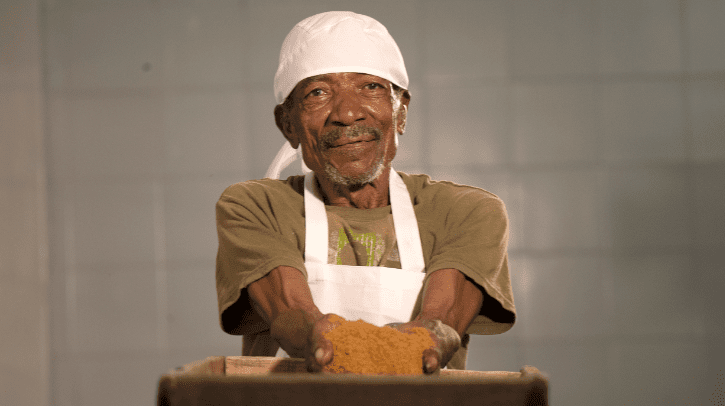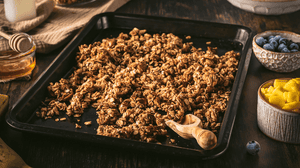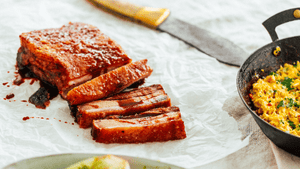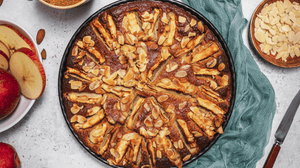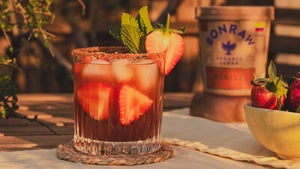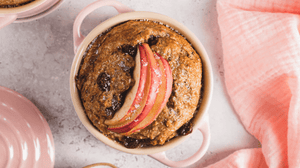
The family businesses behind Panela.
In Colombia, 350k families make their living from the production of Panela, it is one of the country’s biggest agricultural exports and job providers it generates the equivalent of 120,000 permanent jobs. To support these farmers, a non-profit entity named FEDEPANELA, provides technical expertise and best practices for the production (including sanitation), packaging and sale of Panela. This organisation also connects these producers to buyers, like us. We are fortunate enough to be able to connect with these artisans and showcase their heritage through these fine products.
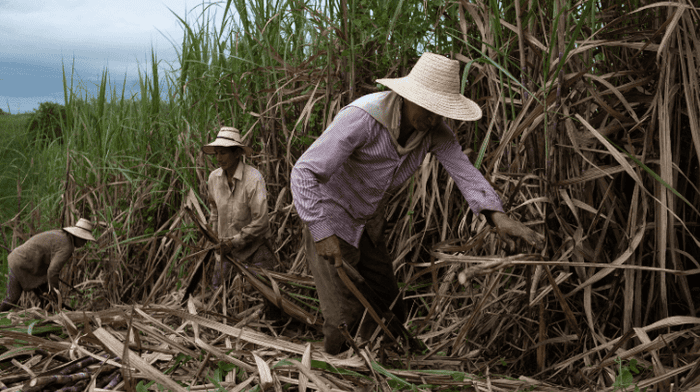
The Quimbaya region – The world-famous coffee region.
We source all our panela from the Quimbaya region. Quimbaya is a town and municipality in the western part of the department of Quindío, Colombia. It is 20 km northwest of the departmental capital Armenia. The name of the city derives from the name of the Pre-Colombian culture that inhabited the area, the Quimbaya civilization.
The Quimbaya region owes its name to the cultivation of coffee. Here grows the world-famous highland coffee, which is considered one of the best in the world. World famous coffee needs a world-famous sugar to go with it, after all.
Our Expert Producers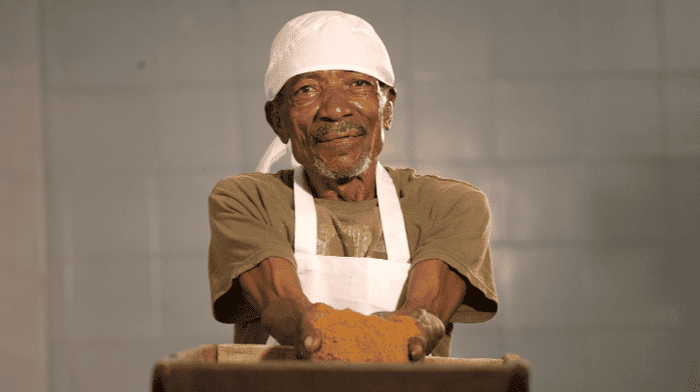
It is important to note, that whilst our Panela is harvested in Quimbaya, most of the farmers are from Nariño, they come to Quimbaya during the week and return to their families on the weekend. On a recent visit to our Panelero farmers in Quimbaya we met with Jose Bacobar and shadowed him throughout his working day starting from the moment he put his hat on in the morning. The day starts at dusk with him and his team cutting the sugar cane by hand, placing it onto a donkey saddle where it was carried back to the trapiche to be crushed and boiled into a syrup. While enjoying his Colombian coffee he told us, “My family has been working with Panela for many years. I am in Quimbaya, province of Quindío, Colombia. I am enjoying this delicious coffee sweetened with Panela, I hope you enjoy it. From us to you with care and love.” It’s important to us that we continue to support farmers like Jose, so they and their families can thrive and continue to produce the delicious natural sweet that is Panela.
Panela Outlook.
BONRAW is committed to supporting the development of the growing Panela industry in Colombia, so we pay a premium for our locally sourced sugar cane. We are also in discussions to have our Panela produced and packaged in Colombia, which would provide further economic support to our farmers and the wider community. This is an entirely different process from other mainstream sugar businesses that import the raw product at an extremely low price, refine it, and package it in the UK. BONRAW’s journey with Panela is about supporting these rural communities and bringing nature’s finest sweet to the UK.
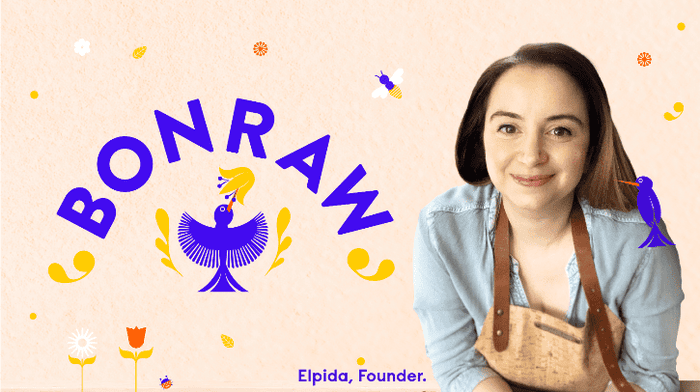
We spoke with BONRAW’s founder and CEO, Elpida to get her thoughts on BONRAW’s journey with Panela. We first asked about how the journey began…
“I first heard of Panela when working for the world’s largest sugar refiner. I knew it to be the holy grail in terms of natural cane sugar. I was told that it tastes like candy and it’s good enough to eat, it did not disappoint. I knew from the moment I tried the sugar that everyone should be made aware of it, I thought, ‘If only they could try it, they would love it!’ impressed by its taste, I started to dig into its health benefits. Not only is it all-natural, but it retains the minerals from the sugarcane. Panela contains iron which is a natural mineral retained in the sugar cane itself. It also retains calcium to support the maintenance of normal bones. I began looking around retailers and e-tailers in the UK and found some cane sugars, but they did not have the same authenticity and flavour profile as the Colombian Panela. Furthermore, regions that produce cane sugars can differ – this all impacts the final result. We call this terroir, which refers to the environment in which a particular sugar is produced, including factors such as the soil, topography, and climate. It is the fundamentals of producing quality ingredients.” Elpida continued to explain why she thinks everyone should try Panela, “The perfect way to describe Panela is that it is a taste discovery. Its wheat and barley notes are paired with caramel and toffee. It has a delightful texture. The inconsistency of the granules gives it an artisanal flair. And just like its taste and appearance, its usages are so wonderfully varied. You can use it for your cakes, coffee, and sauces.” And finally, she informed us of what her favourite things are to make with Panela, “The reality for me is: flat white every morning with Panela. Panela homemade biscuits, and for cooking, it’s the secret ingredient to my Pasta alla puttanesca”.
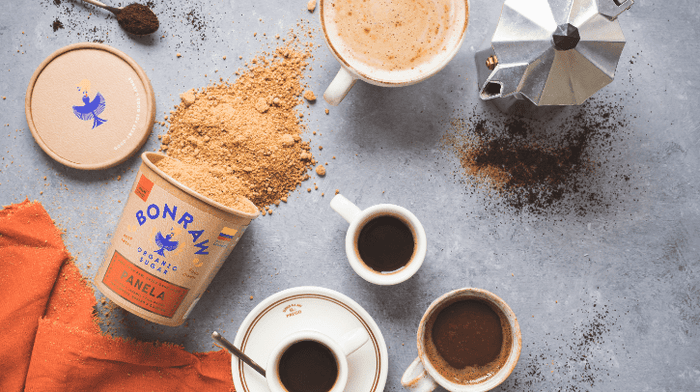
BONRAW’s experience with Panela wouldn’t be the same if it wasn’t for the artisans behind it. We’re honoured to learn their history and ensure that the innate rituals of the past don’t become lost in our everchanging industry and that the people who make this natural sweet are supported and most importantly celebrated for their fine work.
All information gathered is correct as of August 2022.

Related Articles
